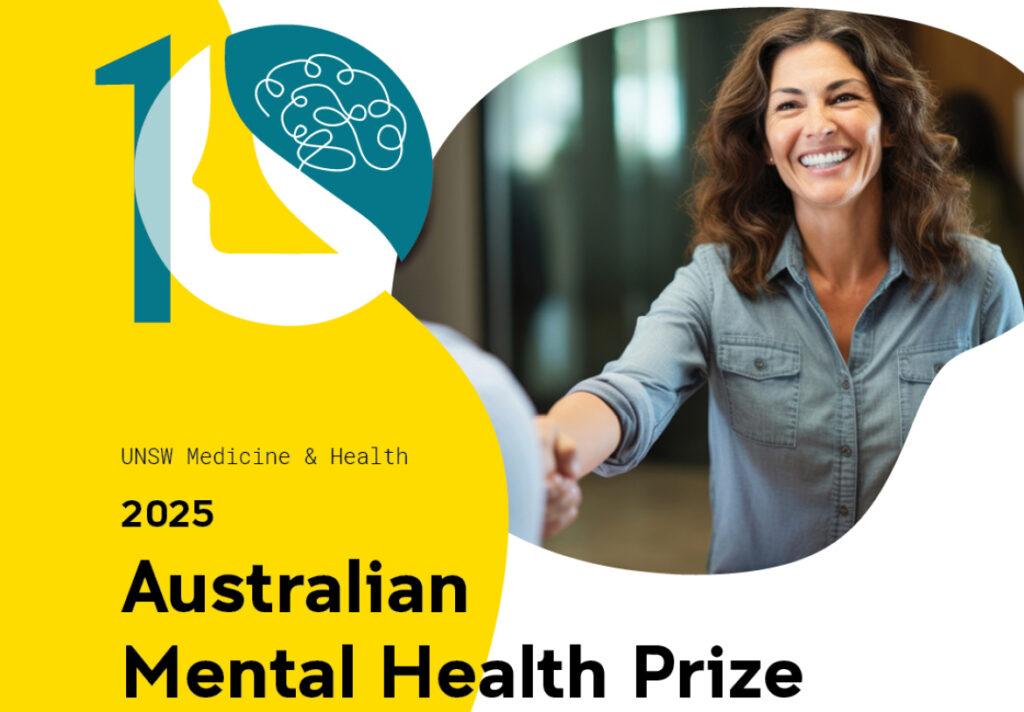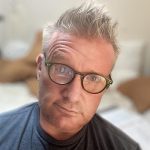This year marks the 10th anniversary of the Australian Mental Health Prize, a decade of recognising Australians whose leadership, research, and lived experience have transformed how we understand and respond to mental health.
Since its establishment in 2016 by UNSW Sydney, the Prize has honoured advocates, clinicians, researchers, peer workers and community leaders who have changed lives and shaped national conversation.
This milestone year celebrates both trailblazers and a new generation of change-makers.
The winners are Professor Pat Dudgeon, Australia’s first Aboriginal psychologist whose leadership has redefined Indigenous mental health, and Professor Brian Burdekin AO, a global human-rights pioneer who reframed mental illness as a human-rights issue.
Celebrating a new generation of changemakers with winners Hugo Toovey and Keith Donnelly, whose lived experience and grassroots innovation are inspiring new approaches to care and connection.
Presenting the 2025 awards, the Hon. Emma McBride MP, Assistant Minister for Mental Health and Suicide Prevention, said the milestone was a chance to celebrate both the legacy of the Prize and the leadership of this year’s winners:
“These awards shine a light on the people who dedicate their lives to improving mental health in Australia. From world-first research and cultural leadership to grassroots community initiatives, the winners of this year’s Prize are helping to create a fairer, more compassionate system that gives people the support they need, when and where they need it.”
This year, four outstanding Australians were recognised for their impact in the areas of cultural leadership, lived experience, professional innovation and community support.
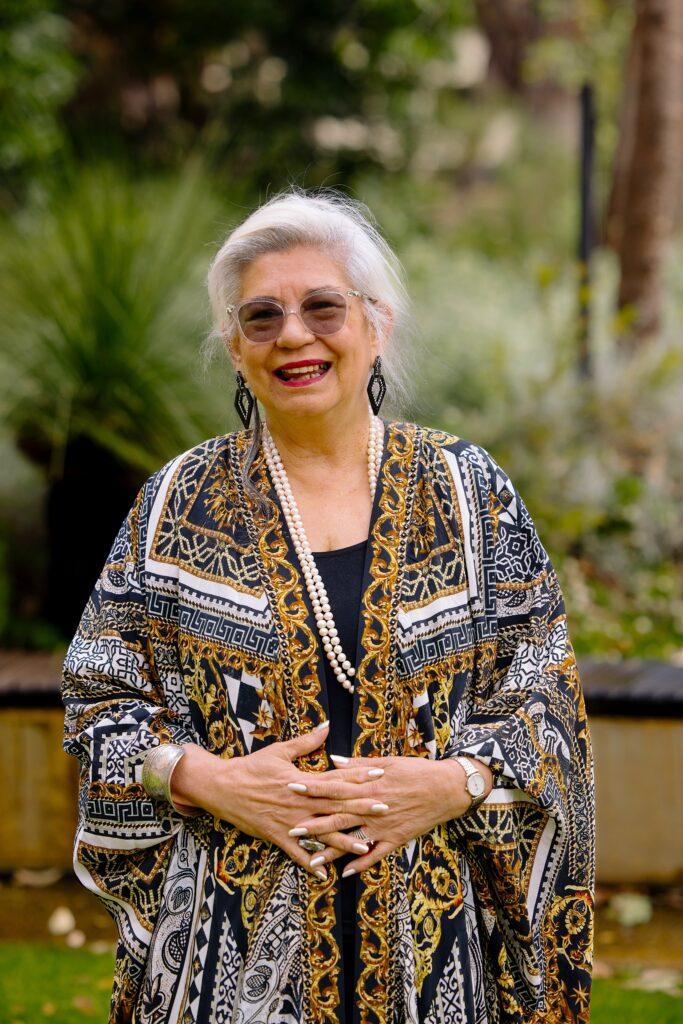
Aboriginal or Torres Strait Islander
Professor Pat Dudgeon (Perth, WA): Born and raised in Darwin and descended from the Bardi people of the Kimberley, Professor Pat Dudgeon is Australia’s first Aboriginal psychologist and a national leader in Indigenous mental health and suicide prevention. As Director of the Centre of Best Practice in Aboriginal and Torres Strait Islander Suicide Prevention at the University of Western Australia, she has been instrumental in embedding cultural, strengths-based and lived experience perspectives into policy and services. She led the landmark Aboriginal and Torres Strait Islander Suicide Prevention Evaluation Project (ATSISPEP), whose 2016 report Solutions That Work reframed national understanding of suicide prevention by centring Indigenous-led and culturally grounded responses. A founding chair of the Australian Indigenous Psychologists Association, her work continues to shape research, policy and frontline practice across Australia.
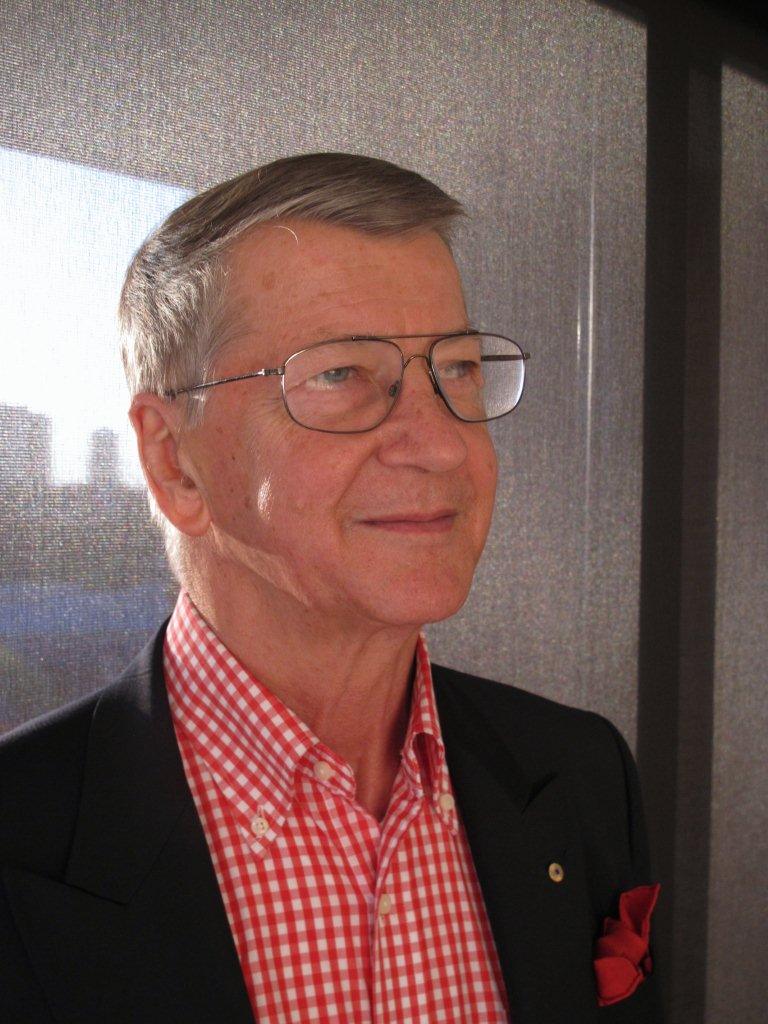
Professional
Professor Brian Burdekin AO (Potts Point, NSW): Professor Brian Burdekin AO has been a driving force in human-rights-based mental-health reform in Australia and globally. As Australia’s first Federal Human Rights Commissioner, he led the landmark National Inquiry into Human Rights and Mental Illness (1990-93), which exposed systemic abuse and neglect and transformed national policy. He went on to advise the UN High Commissioner for Human Rights and has helped establish national human-rights commissions in more than 70 countries. His lifelong advocacy has reframed mental illness as a human-rights issue, leading to major legislative and service reforms in Australia and influencing international conventions and practice.
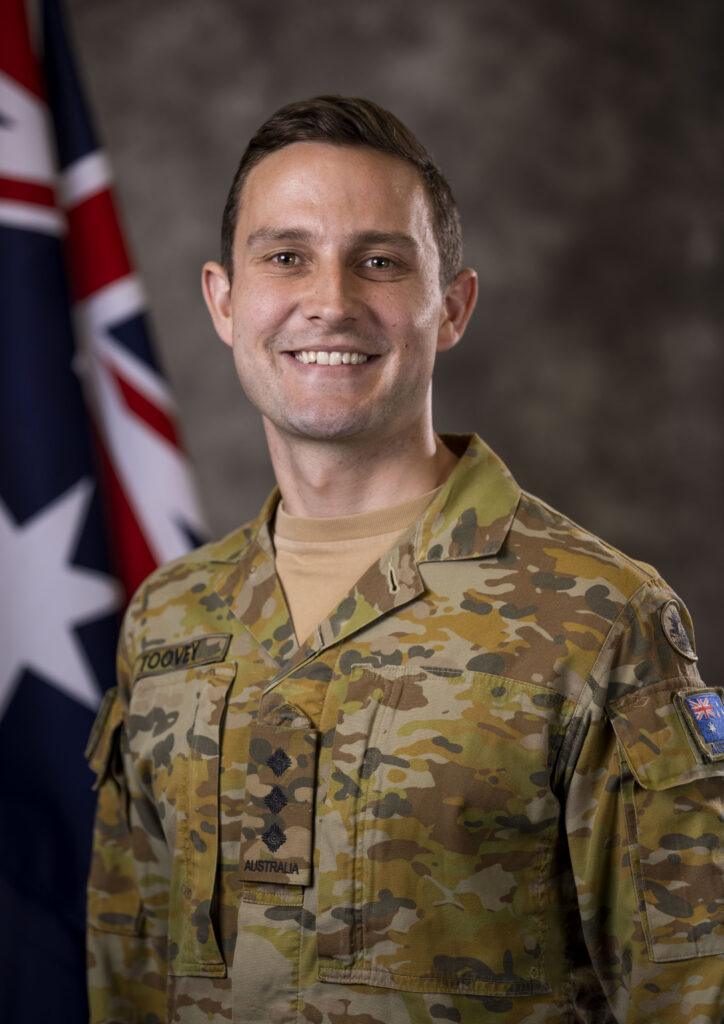
Lived Experience
Hugo Toovey (Adelaide, SA – currently residing in Sydney): Army Captain Hugo Toovey endured testicular and bowel cancer in his twenties, alongside depression and PTSD. Now 33, he has undergone more than a dozen major surgeries and continues to live with the long-term impacts of chronic illness. Drawing on his experience, he founded 25StayAlive, a charity encouraging young adults to take their physical and mental health seriously at a stage of life when it’s often overlooked. Through national media, keynote speaking, and partnerships with organisations such as Movember and Gotcha4Life, Hugo has become a leading advocate for young Australians, championing early intervention, meaningful connection and a practical approach to finding purpose and resilience through adversity.
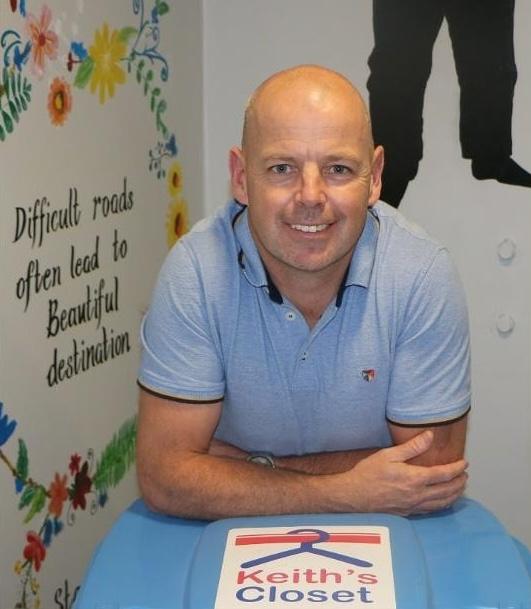
Community Hero
Keith Donnelly (Picnic Point, NSW): Mental health clinical nurse manager Keith Donnelly is the founder of Keith’s Closet, a volunteer-led initiative that restores dignity and self-worth to people experiencing mental illness. Established in 2019 at the Prince of Wales Hospital, the program transforms unused hospital spaces into welcoming wardrobes stocked with donated clothing, shoes, toiletries and much more. Since then, it has expanded to hospitals across New South Wales, including St Vincent’s, Shellharbour, Lismore, and Forensic hospital, and supported more than 6,000 people through both hospital, community outreach. Keith’s work shows how compassion and creativity can drive meaningful change in mental-health care.
Adjunct Professor Sophie Scott OAM, Chair of the Australian Mental Health Prize Advisory Group, said: “Over ten years, the Prize has showcased Australians who are shaping the future of mental health, from policy and cultural reform to lived experience and grassroots care. This year’s recipients continue that legacy, showing us new ways to understand and respond to mental health and offering Australians hope and practical support when it is needed most.”
UNSW Vice-Chancellor and President Professor Attila Brungs said he was immensely grateful to the winners whose unwavering advocacy inspires real change.
“Over the last decade, this prize has honoured the outstanding contributions of individuals who are transforming the Australian mental health sector,” he said. “This year’s winners continue this legacy. With their compassion and creativity, they’ve shaped policy, research and practice, building a stronger and more inclusive society for all. Their impact is truly deserving of this recognition.”
For more details about the Australian Mental Health Prize, visit www.australianmentalhealthprize.org.au.
Robert is the founder of AustralianSenior.com.
He studies Journalism and Communications at USC and studied TV Presentation at NIDA. He is passionate about advocating for seniors and presenting non-biased, fact-based news to enable those over 50 to thrive in an increasingly complicated digital world. He covers all areas of life and style, from pop culture to the economy, travel, and events with a passion for supporting rural and regional destinations and opportunities. If it's worth reading, it's worth writing about.
He loves to travel the globe and is a recently diagnosed, late-in-life Type One Diabetic.

